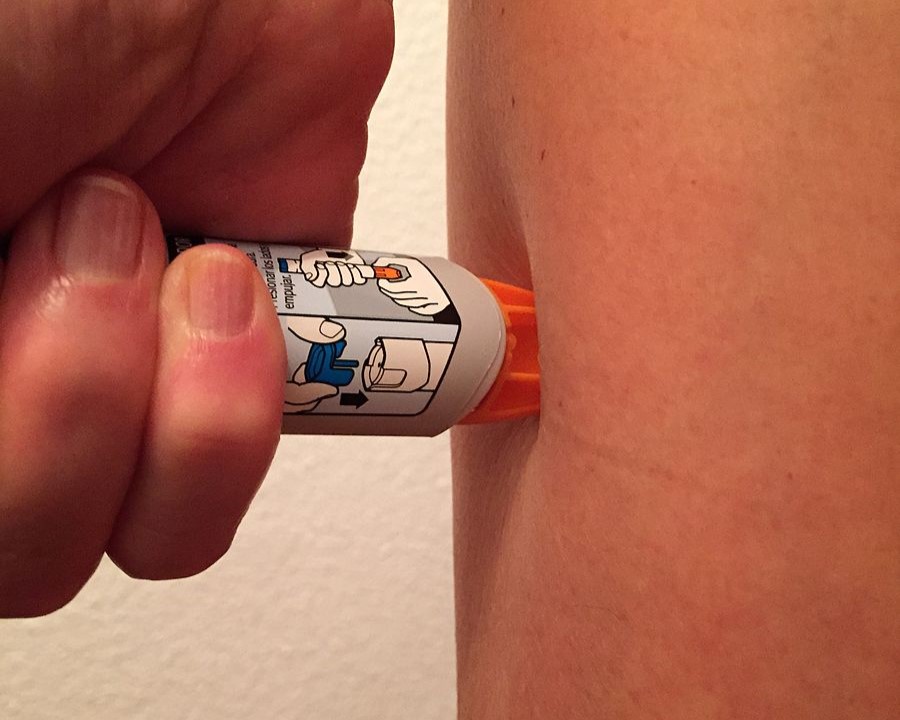
Allergy emergency: anaphylactic anti-shock drugs are missing
The shortage of adrenaline self-injectors is rapidly worsening. New allergist task force in action
The shortage of adrenaline self-injectors, essential life-saving drugs to counter anaphylactic shocks, is taking on alarming proportions in Italy. This critical situation puts the lives of thousands of allergic people at risk, who may be unprepared for a serious allergic reaction.
What is anaphylactic shock and why is adrenaline critical?
Anaphylactic shock is a serious and potentially fatal allergic reaction that can occur within minutes. It is triggered by contact with an allergen, such as pollen, latex, food or drugs, and can cause breathing difficulties, swelling of the throat, drop in blood pressure and loss of consciousness. Adrenaline, administered via a self-injector, is the only drug that can quickly block an allergic reaction and prevent fatal consequences.
The shortage of self-injectors: a growing problem
The shortage of adrenaline self-injectors, first reported by the Italian Agency for Drugs (AIFA) last July, is rapidly worsening. In particular, the drug Chenpen, the most used in Italy, is now almost unavailable. This is due to a number of factors, including production difficulties, supply chain problems and an increase in global demand.
The consequences for patients
The lack of self-injectors has a serious impact on the lives of allergic patients. Those at risk of anaphylactic shock must be able to count on the immediate availability of this life-saving drug. The inability to find it can generate anxiety, stress and a sense of insecurity, limiting quality of life and preventing daily activities.
The scientific community’s response
The scientific community has mobilized to respond to this emergency. A task force of expert allergologists has been set up to find fast and effective solutions. Ongoing initiatives include:
- Finding drug equivalents: Experts are evaluating the use of adrenaline self-injectors produced by other pharmaceutical companies to ensure continuity of treatment for patients
- Information and training: Through information campaigns and training courses for patients and doctors, the aim is to disseminate the knowledge needed to deal with this situation
- Collaboration with institutions: The task force is in constant contact with health authorities to urge urgent action and find long-term solutions
An appeal to accountability
This health emergency requires a commitment from everyone: patients, doctors, institutions and pharmaceutical companies. Only through constructive cooperation will it be possible to overcome this difficult phase and ensure the safety of those suffering from severe allergies.
Sources and images


